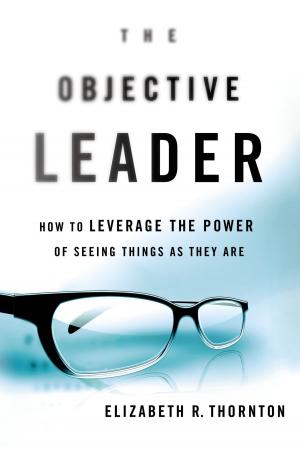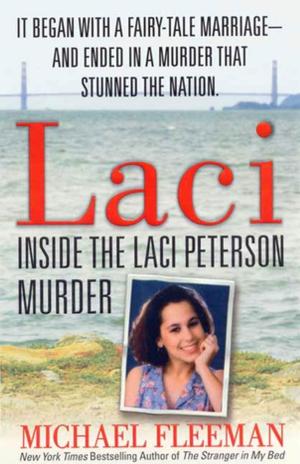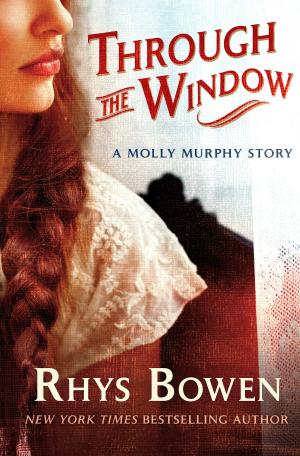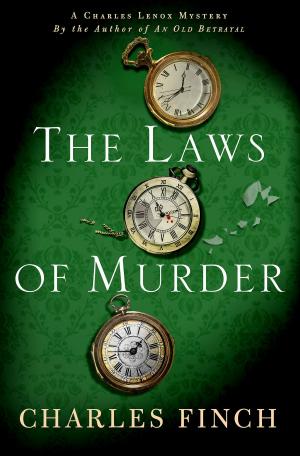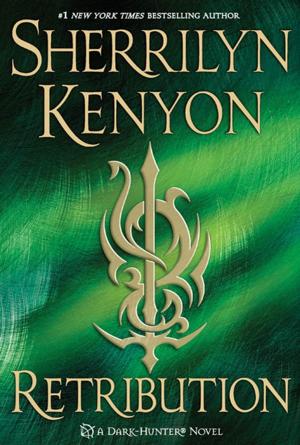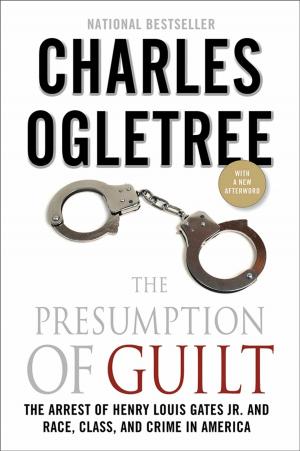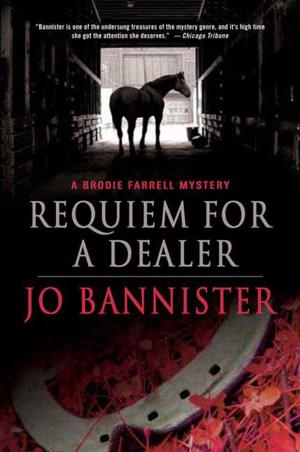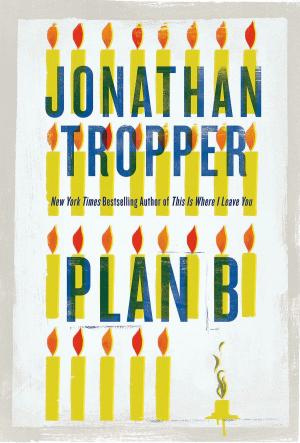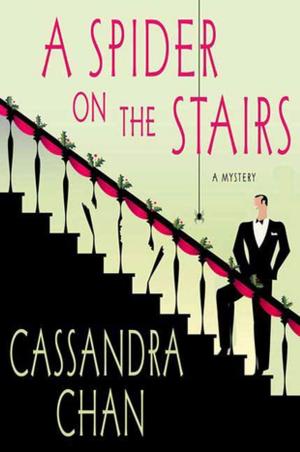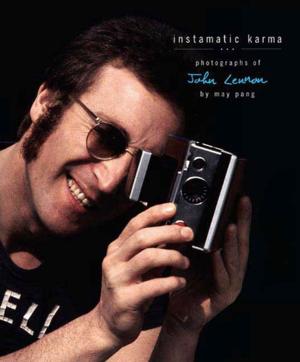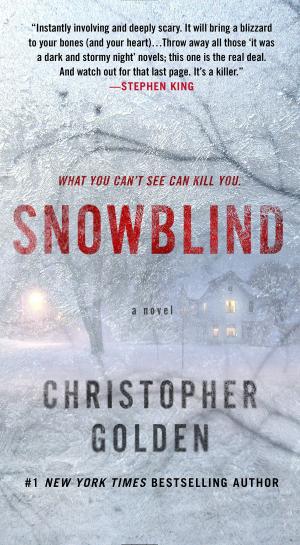Hard Time Blues
How Politics Built a Prison Nation
Nonfiction, Social & Cultural Studies, Social Science, Crimes & Criminals, Criminology| Author: | Sasha Abramsky | ISBN: | 9781429970044 |
| Publisher: | St. Martin's Press | Publication: | April 1, 2011 |
| Imprint: | Thomas Dunne Books | Language: | English |
| Author: | Sasha Abramsky |
| ISBN: | 9781429970044 |
| Publisher: | St. Martin's Press |
| Publication: | April 1, 2011 |
| Imprint: | Thomas Dunne Books |
| Language: | English |
In September 1996, fifty-three year old heroin addict Billy Ochoa was sentenced to 326 years in prison. His crime: committing $2100 worth of welfare fraud. Ochoa was sent to New Folsom supermax prison, joining thousands of other men who will spend the rest of their lives in California's teeming correctional facilities as a result of that state's tough Three Strikes law. His incarceration will cost over $20,000 a year until he dies.
Hard Time Blues weaves together the story of the growth of the American prison system over the past quarter century primarily through the story of Ochoa, a career criminal who grew up in the barrios of post-World War II L.A. Ochoa, who had a long history of non-violent crimes committed to fund his drug habit, who cycled in and out of prison since the late 1960's, is a perfect example of how perennial misfits, rather than blood-soaked violent criminals, make up the majority of America's prisoners. This is also the story of the burgeoning careers of politicians such as former California Governor Pete Wilson, who rose to power on the "crime issue." Wilson, whose grandfather was a cop murdered by drug-runners in early twentieth century Chicago, scored a stunning come-from-behind re-election victory in 1994. In so doing, he came to epitomize the 1990s tough-on-crime politician.
Award-winning journalist Sasha Abramsky uses immersion reportage to bring alive the political forces that have led America's prison and jail population to increase more than four fold in the past twenty years. Through the stories of Ochoa, Wilson, and others, he explores in devastating detail how the public has been manipulated into supporting mass incarceration during a period when crime rates have been steadily falling. Hard Time Blues deftly explores the War on Drugs, the Rockefeller Laws, the growth of the SuperMax Prisons, the climate of fear that led to laws such as Truth-in-Sentencing, and how the stunning repercussions of imprisoning two million citizens affect all of America.
In the tradition of J. Anthony Lukas's Common Ground and Melissa Fay Greene's The Temple Bombing, Abramsky explores this new and dangerous fault-line in American society in a dramatic and compelling manner. From the opening courtroom scene through the final images behind the electrified fences of the nation's toughest, meanest prisons, Abramsky paints a grimly intimate portrait of the players and personalities behind this societal earthquake. Hard Time Blues combines a sense of history with a powerful narrative, to tell a story about issues and people that leads us to understand how The Land of the Free has become the world's largest prison nation.
In September 1996, fifty-three year old heroin addict Billy Ochoa was sentenced to 326 years in prison. His crime: committing $2100 worth of welfare fraud. Ochoa was sent to New Folsom supermax prison, joining thousands of other men who will spend the rest of their lives in California's teeming correctional facilities as a result of that state's tough Three Strikes law. His incarceration will cost over $20,000 a year until he dies.
Hard Time Blues weaves together the story of the growth of the American prison system over the past quarter century primarily through the story of Ochoa, a career criminal who grew up in the barrios of post-World War II L.A. Ochoa, who had a long history of non-violent crimes committed to fund his drug habit, who cycled in and out of prison since the late 1960's, is a perfect example of how perennial misfits, rather than blood-soaked violent criminals, make up the majority of America's prisoners. This is also the story of the burgeoning careers of politicians such as former California Governor Pete Wilson, who rose to power on the "crime issue." Wilson, whose grandfather was a cop murdered by drug-runners in early twentieth century Chicago, scored a stunning come-from-behind re-election victory in 1994. In so doing, he came to epitomize the 1990s tough-on-crime politician.
Award-winning journalist Sasha Abramsky uses immersion reportage to bring alive the political forces that have led America's prison and jail population to increase more than four fold in the past twenty years. Through the stories of Ochoa, Wilson, and others, he explores in devastating detail how the public has been manipulated into supporting mass incarceration during a period when crime rates have been steadily falling. Hard Time Blues deftly explores the War on Drugs, the Rockefeller Laws, the growth of the SuperMax Prisons, the climate of fear that led to laws such as Truth-in-Sentencing, and how the stunning repercussions of imprisoning two million citizens affect all of America.
In the tradition of J. Anthony Lukas's Common Ground and Melissa Fay Greene's The Temple Bombing, Abramsky explores this new and dangerous fault-line in American society in a dramatic and compelling manner. From the opening courtroom scene through the final images behind the electrified fences of the nation's toughest, meanest prisons, Abramsky paints a grimly intimate portrait of the players and personalities behind this societal earthquake. Hard Time Blues combines a sense of history with a powerful narrative, to tell a story about issues and people that leads us to understand how The Land of the Free has become the world's largest prison nation.

